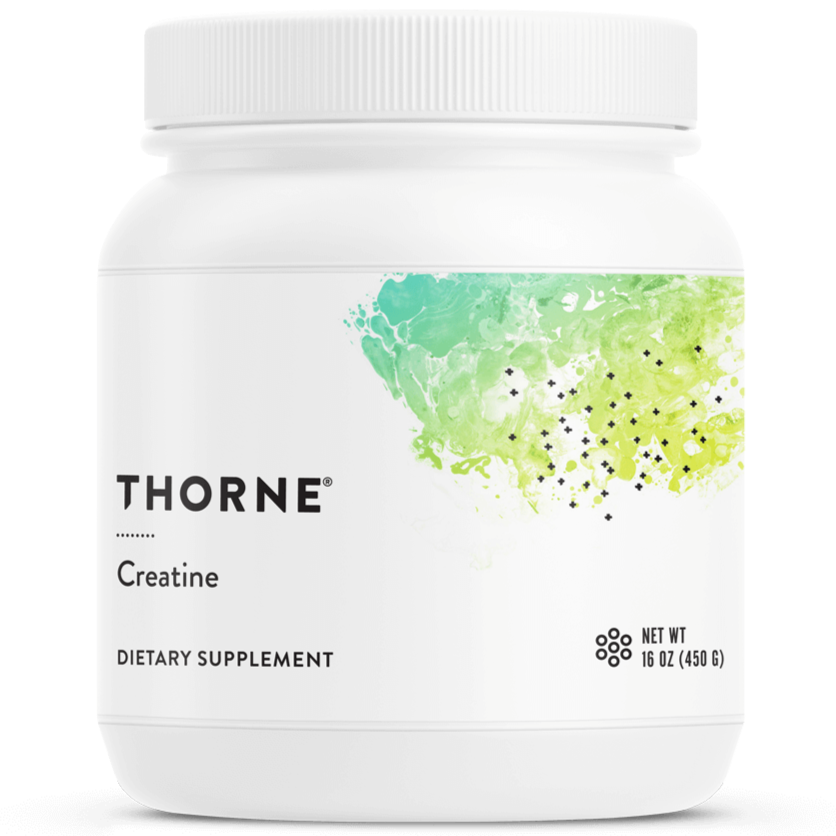Lift Heavier, Recover Smarter: 3 Evidence-Based Tools for Performance
Whether you're training for strength, speed, or longevity, your success hinges on more than just hard work in the gym. The right fuel, supplementation, and recovery strategies can make all the difference between plateauing and progressing.In this post, we're highlighting three powerful — and often overlooked — tools to help you lift heavier, recover better, and feel sharper in your workouts.1. Fuel Up with Carbs to Boost Strength
Carbohydrates = Power.
Before a workout, carbs replenish your muscle glycogen — the key fuel source your body uses for resistance training. When glycogen is full, you’re able to push harder, lift heavier, and recover faster.Aim for 25–50g of carbs about 60–90 minutes before training. This gives your body time to digest and absorb the glucose, setting you up for optimal output.
Great Pre-Workout Combos:
Banana + peanut butterRice + eggsOats + berriesRice cakes + almond butter
Pro Tip: Post-lift, aim for a 2:1 carb-to-protein ratio to replenish glycogen and kickstart muscle recovery.
2. Creatine: Small Scoop, Big Results
Creatine monohydrate is one of the most researched and reliable performance supplements available — and not just for bodybuilders.
Why You Should Consider It:
Boosts high-intensity strength and power
Supports cognitive function and reaction time
Helps with cell hydration and muscle fullness
May reduce fatigue between sets or sprints
Suggested Dose: 3–5g daily (no need to load), ideally post-workout with carbs.
What to Look For in a Creatine Supplement:
Pure creatine monohydrate
NSF Certified or Informed Sport tested
No added fillers or "creatine blends"
No added fillers or "creatine blends"
We use and recommend Thorne Creatine — clean, tested, and effective.
3. Sleep & Recovery: The Magnesium Advantage
Training is only half the equation — recovery is where the real gains happen. Magnesium plays a critical role in helping your body wind down, relax, and recover deeply.
Benefits of Magnesium:Supports better sleep quality through calming the nervous system
Reduces muscle cramps or tightness
May enhance heart rate variability (HRV) — a key marker of recovery
Helps regulate electrolyte balance and neuromuscular coordination
Try 300–400mg of magnesium glycinate before bed.
It’s gentle on digestion, well absorbed, and often leads to noticeably better sleep.
Our go-to is Thorne Magnesium Bisglycinate — easy to take and third-party tested.
Putting It All Together
To summarize:
Eat smart carbs before you lift
Take creatine consistently to build strength
Use magnesium at night to recover deeper and sleep better
These small shifts can lead to major upgrades in how you train, feel, and perform.
If you're interested in dialing in your performance, nutrition, or recovery routine, we offer:
Functional Medicine Consults
Physical Rehab + Performance Sessions
Chiropractic Care to support structure + function
Train smart,
— Dr. Matt + the Optimum Health Team



